One of the most difficult things about discovering that your child or a child or young person that you care for has been, or is at risk of being, sexually abused or exploited is broaching the subject with them. Especially if the abuser has tried to turn your child against you, breaking apart a once close relationship. Here are some tips for starting the conversation.
Tips for talking to your child about sexual abuse and exploitation
Tip #1: Be supportive
Above all else, make sure you tell your child that, whatever has happened, it’s not their fault, that you believe them and that you are on their side. Listen to your child, don’t judge them.
Tip #2: Plan what you're going to say
Think about how you will bring up the subject and what you want to ask. It’s also worth thinking about how your child might react to your questions and what you will do or say to reassure them.
Think carefully about using language that doesn’t blame them in any way. For example, instead of asking ‘Why did you go there?’ you could ask ‘What happened that you found yourself there?’ Or instead of saying ‘Your girl/boyfriend isn’t good for you and they’re too old,’ you could ask them, ‘How do they make you feel?’
Tip #3: Choose the when and where carefully
Pick a private, quiet place where you won’t be interrupted or overheard. A place where your child can say as much or as little as they like or get as upset as they want, without feeling like anyone else is watching or listening. It may help to be doing something else at the same time, like going for a quiet walk or sitting in the car.
Tip #4: Stay calm
Child sexual abuse and exploitation are hugely upsetting subjects, but try to stay calm when talking to your child. It could make a big difference to how much they do or don’t tell you.
Tip #5: Be patient and listen
Children and young people can be protective and defensive about their abuser. They may also have experienced feelings of happiness with their abuser. This is all part of the grooming and control process. In the first conversations you have with your child, be prepared to listen to the ‘good’ bits about the abuser because hearing this can help your child build confidence to tell you some of the things that are not okay.
Tip #6: Be direct but gentle
Make sure your child knows exactly what you’re asking them but be gentle about it. Avoid questions that might feel too personal such as ‘What happened?’ and instead focus on how they are feeling now. Let them go at their own pace and try not to interrupt them.
Tip #7: Use language your child will understand
Terms like ‘sexual exploitation’, ‘manipulate’ and ‘coerce’ might go over your child’s head. So try to use simpler terms that they’ll understand. For example, ‘keeping safe’, ‘trick’, ‘force,’ or ‘take advantage of’.
Tip #8: Think before you act
If you hear that your child is being abused, your first instinct might be to remove the risk, which might look like taking away phones, stopping them from seeing certain friends or grounding them. While of course this is because you want to keep them safe, a child might see this as a punishment for speaking openly. This may make them angry or stop them trusting you, so they’re less likely to come to you with concerns in the future.
Further information
The TALK guide from the Internet Watch Foundation has more advice on talking to your child about online safety and child sexual abuse.
The NSPCC, Barnardo's and Upstream websites also have advice on starting a conversation on difficult topics and talking to your child about sexual abuse.
Learning about child sexual abuse and exploitation at school
Your child will also be learning at school about how they can keep themselves safe from sexual abuse and cope with potential risky situations that may arise throughout their life. This includes learning about topics like privacy and keeping safe online in primary school and grooming and sexual exploitation in secondary school.
It’s up to your child’s teacher to decide how to deliver this learning, but it will always be approached in a sensitive, age appropriate way. Teachers use many resources to help talk about these subjects – you can see some of the resources they use on the RSHP (Relationships, Sexual Health and Parenting) education website. The site also includes information for parents and carers at each curriculum level so you can see what your child will be learning and the language that’s used to talk about the different issues. It could be useful to look at this before talking to your child about online safety. You can find more resources on the Education Scotland website.
Where to get support
Remember, if you suspect or find out that your child is being abused, this isn’t something that you need to deal with alone. There are lots of organisations who can offer help and advice. If you think your child is being abused or has being abused, it should be reported to Police Scotland or Social Work, who will provide advice, support and help you to keep your child safe. Our page on reporting concerns has more information.
 Activities & Play
Activities & Play Behaviour
Behaviour Childcare
Childcare Development & Growing Up
Development & Growing Up Family, Friends & Relationships
Family, Friends & Relationships Feeding Your Baby
Feeding Your Baby Food & Eating
Food & Eating Health & Safety
Health & Safety Mental Health & Wellbeing
Mental Health & Wellbeing Money & Work
Money & Work Online Behaviour & Safety
Online Behaviour & Safety Pregnancy & First Days
Pregnancy & First Days School & Education
School & Education Sleep
Sleep

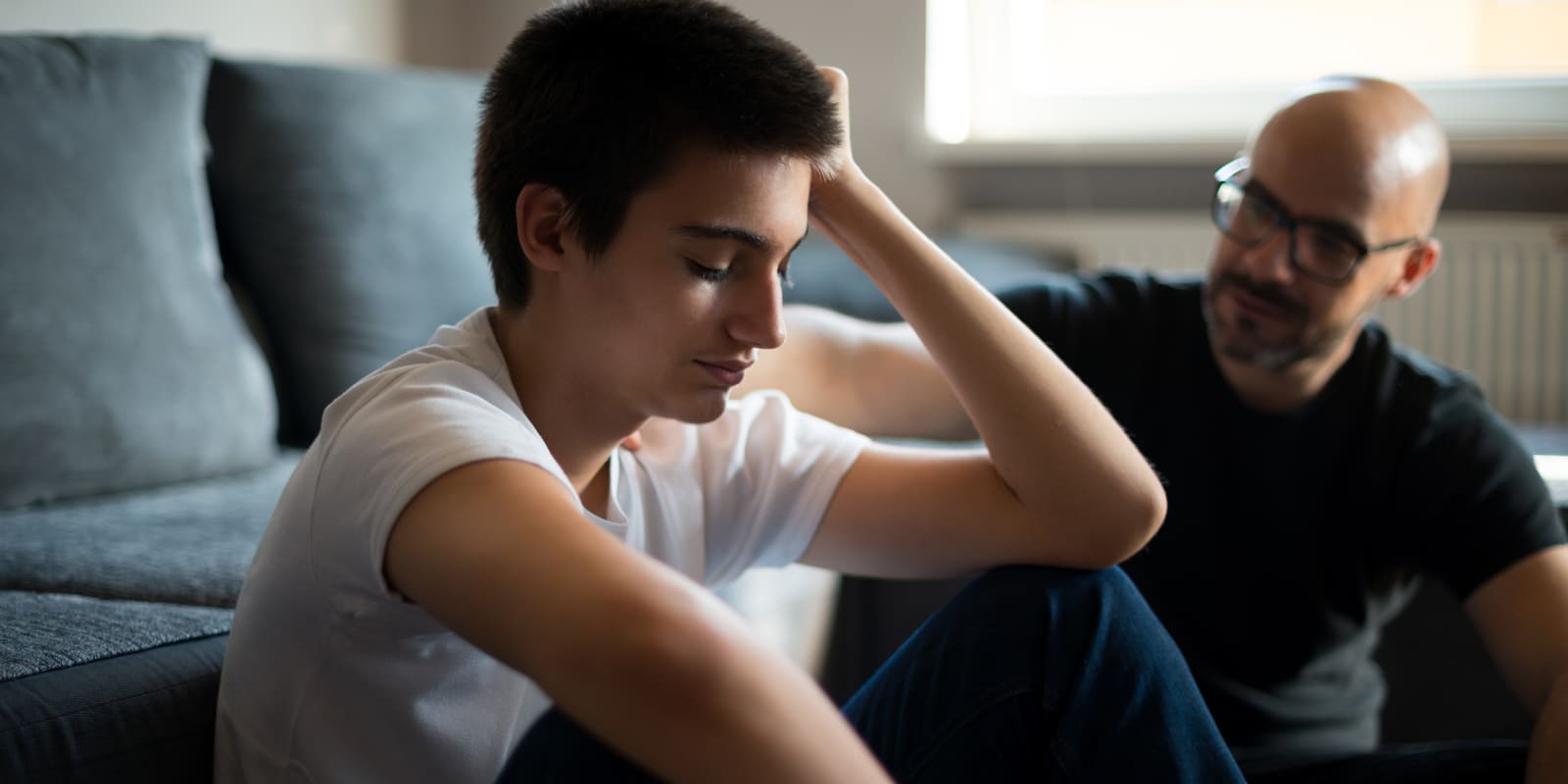
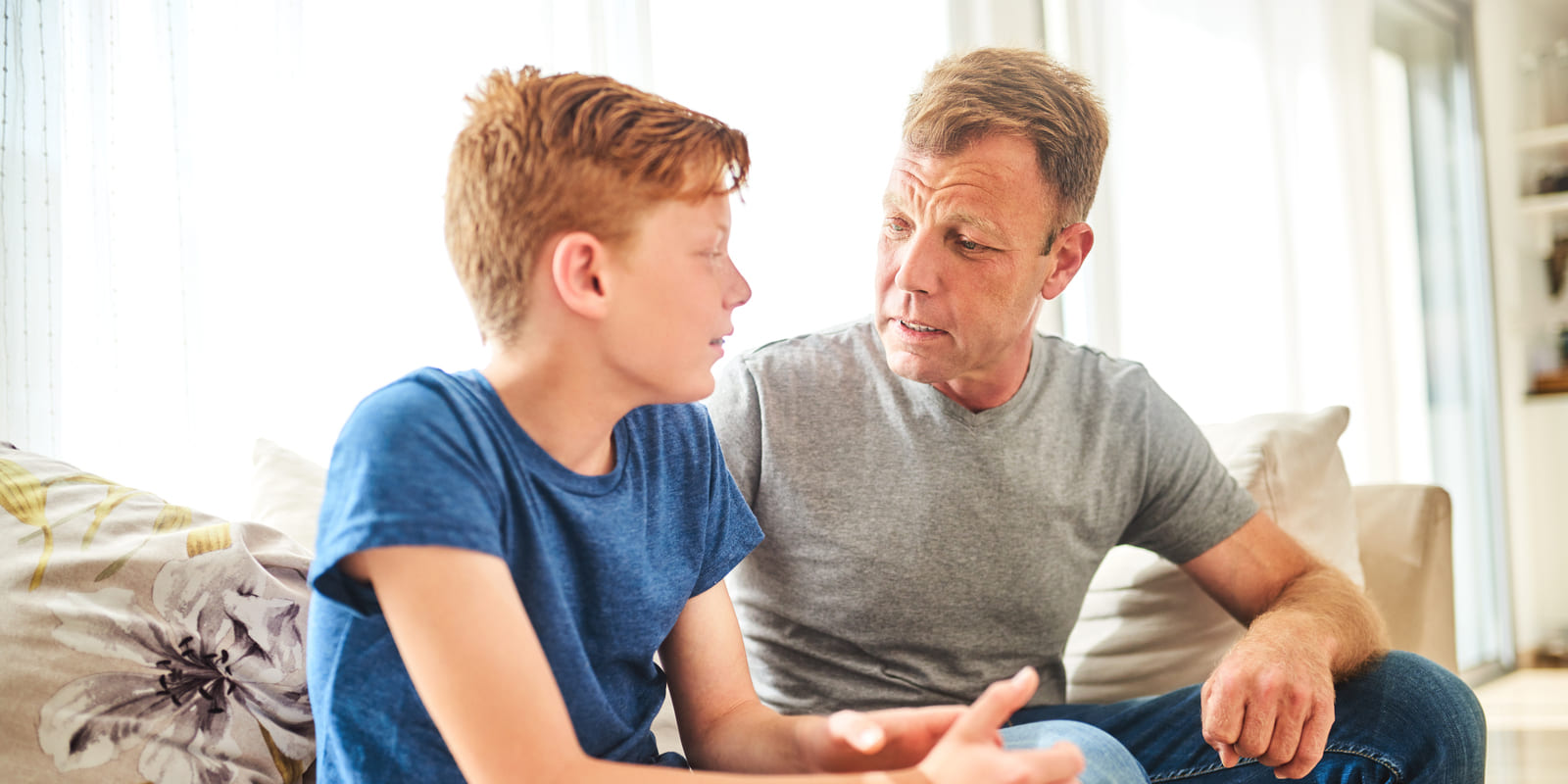
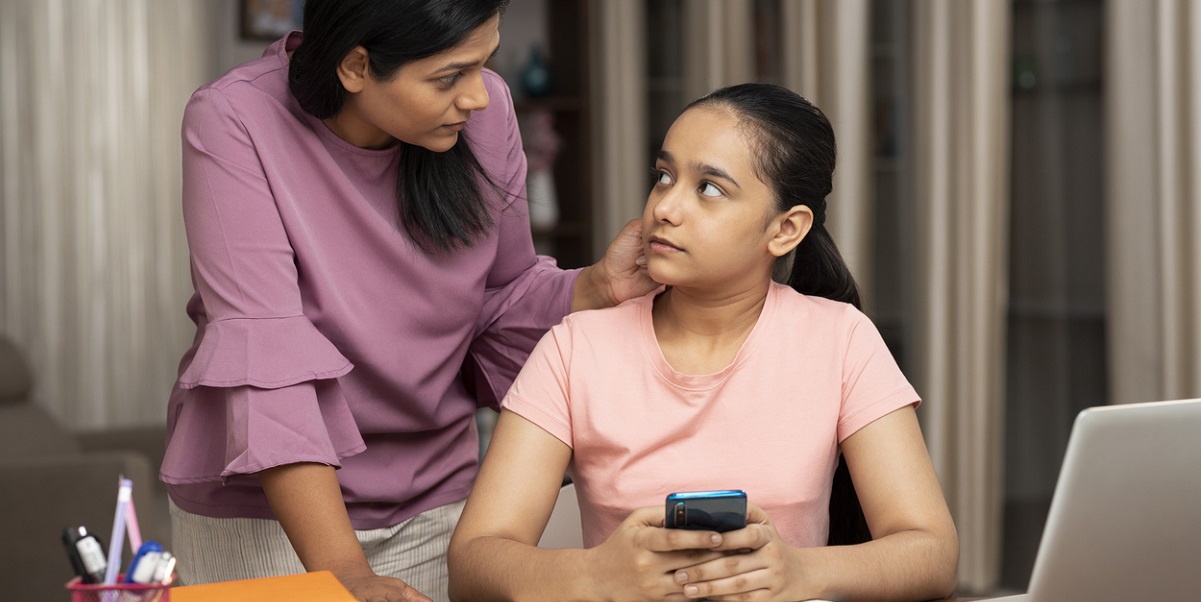
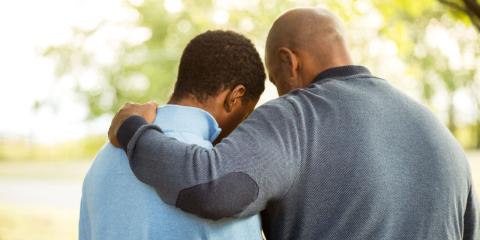
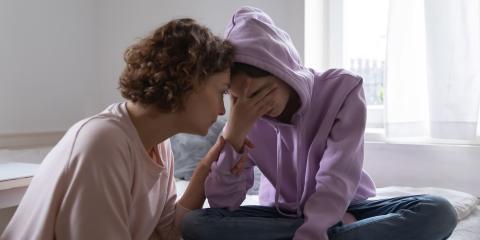



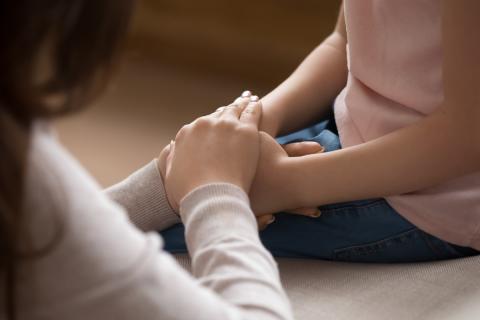
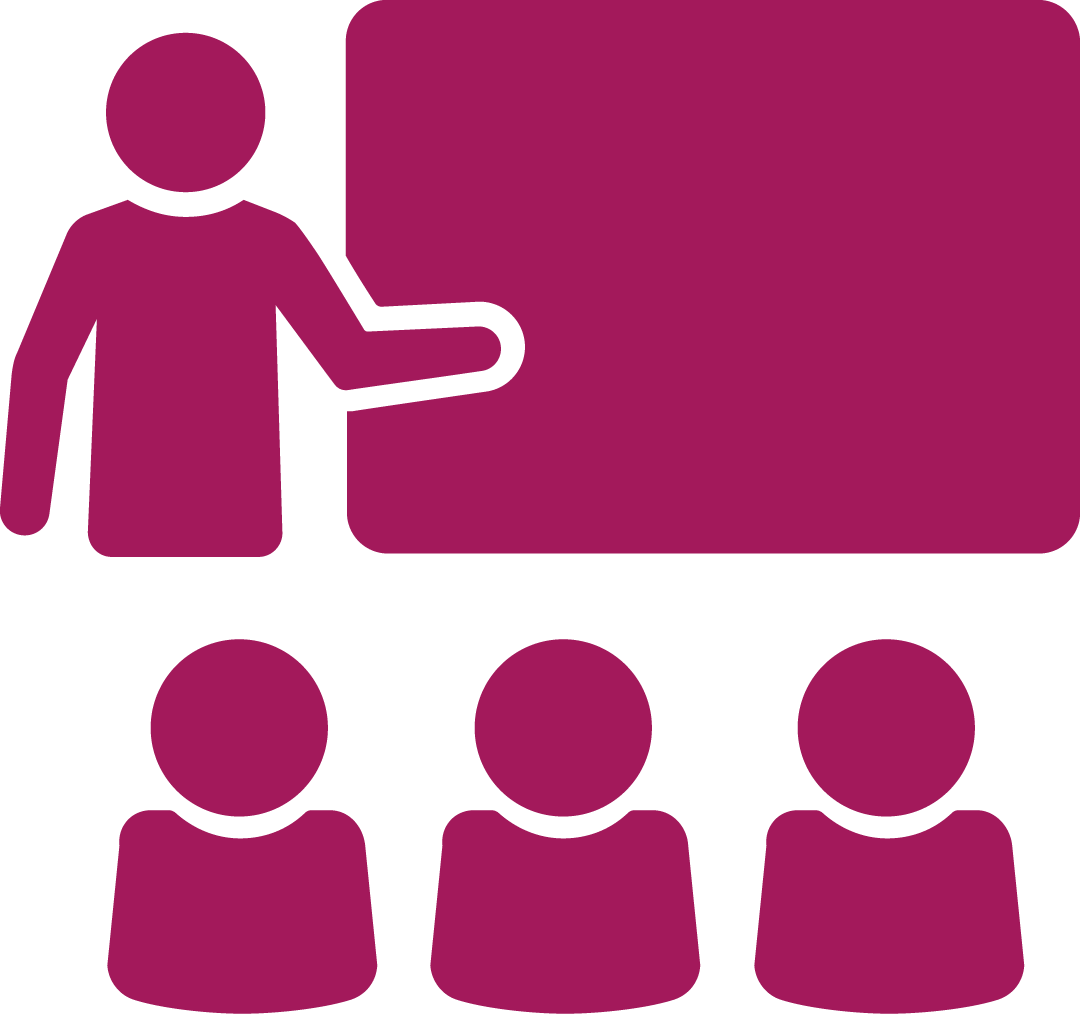 School & Education
School & Education
 Mental Health & Wellbeing
Mental Health & Wellbeing